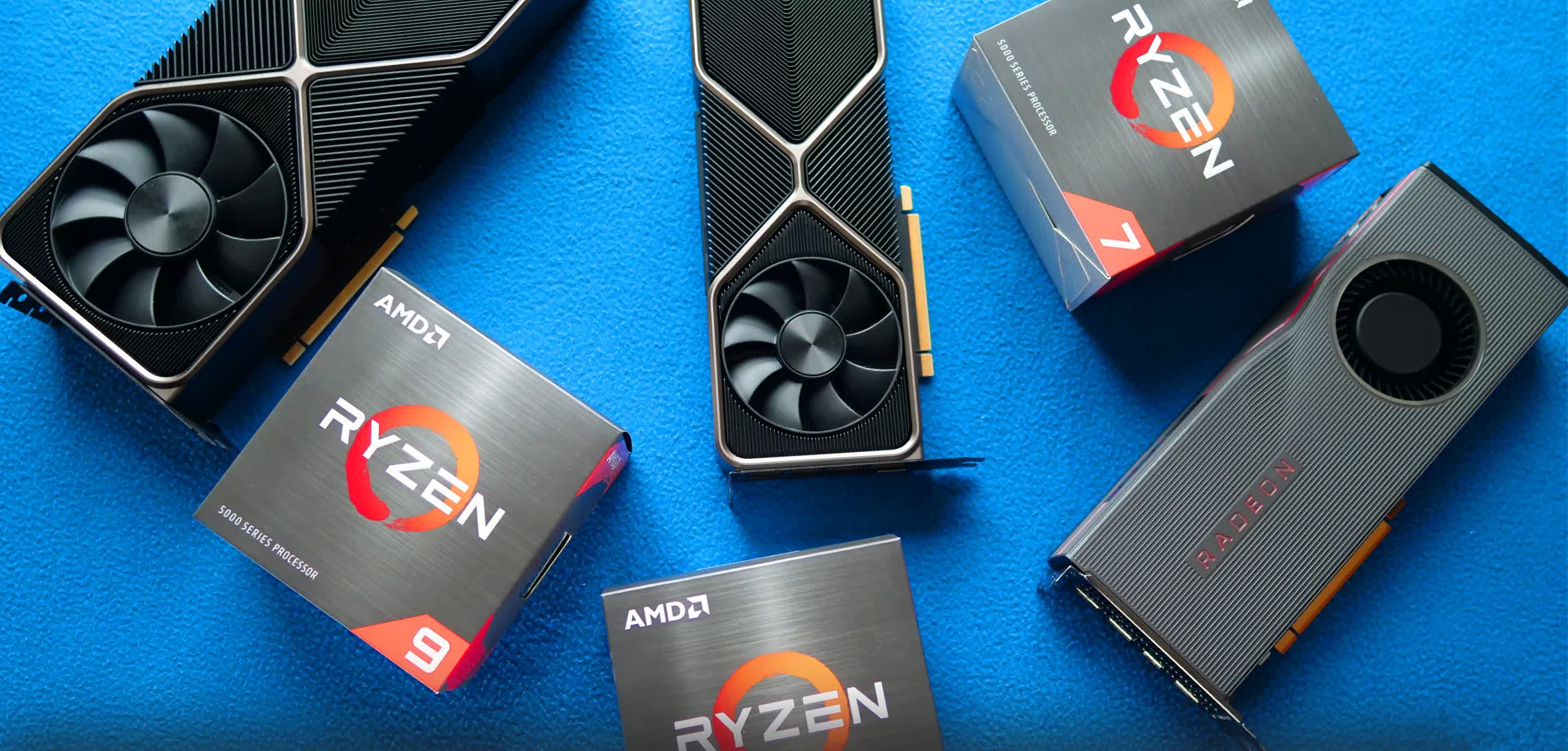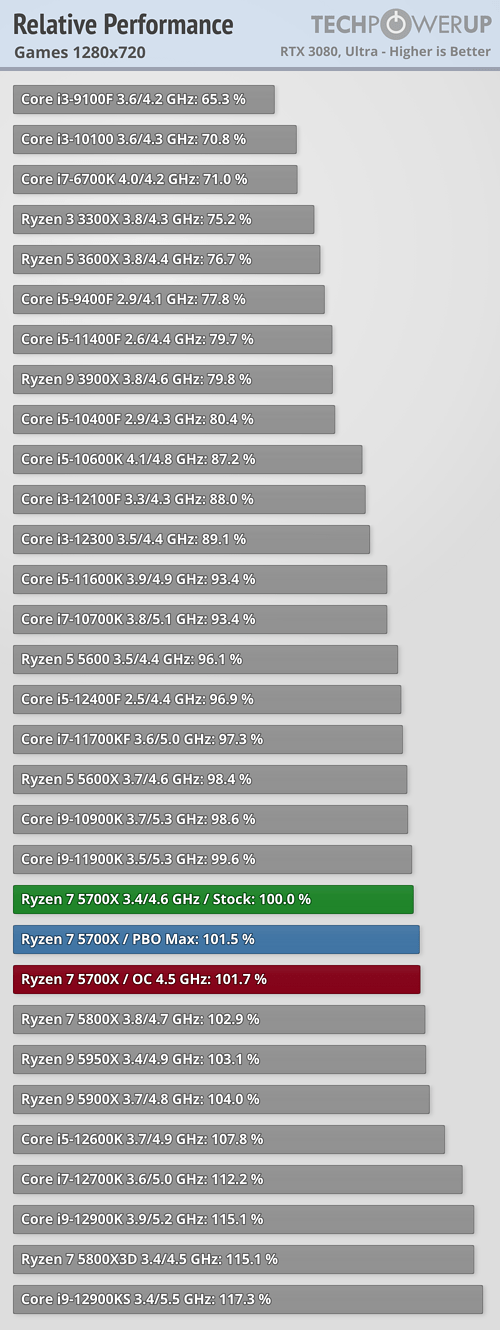Hi! I'm currently searching for a CPU upgrade for my gaming set up but I'm not sure on wich one of the CPUs mentioned in the tittle.
The thing that you can buy amd 5600x for around $742 (take in consideration that I'm not from the US, yeah prices here suck)
However I found a place in my city that sells 5800x at $695
But I want to dig a little deeper than cheap=good
As far as I have researched gaming performance isn't that much different, and 5600x need less power, and is a cooler cpu (I will use an Artic Freezer 34 Esport Duo) so taking those things in consideration, perhaps in the long term having a less power consuming CPU (cheaper light bill) will make 5600x a cheaper CPU
If you guys need more info here my specs:
GPU: MSI Geforce rtx 3080 ti gaming gaming X trio
RAM: Corsair vengance Vengeange pro 2x8 gb 3600 mhz
Storage: Corsair MP510 240 gb (windows is here), samsung black SN770 1 TB and hdd (might replace for normal ssd)
PSU: asus rog strix 1000W gold
And for my Mother I'm going for either a Asus Rog Strix B550-f Gaming or a Asus Rog Strix B550-a Gaming... I haven't decided yet
And one last thingy, i'm searching for a 1440p Monitor since 4k is way more expensive here, but haven't found one yet
The thing that you can buy amd 5600x for around $742 (take in consideration that I'm not from the US, yeah prices here suck)
However I found a place in my city that sells 5800x at $695
But I want to dig a little deeper than cheap=good
As far as I have researched gaming performance isn't that much different, and 5600x need less power, and is a cooler cpu (I will use an Artic Freezer 34 Esport Duo) so taking those things in consideration, perhaps in the long term having a less power consuming CPU (cheaper light bill) will make 5600x a cheaper CPU
If you guys need more info here my specs:
GPU: MSI Geforce rtx 3080 ti gaming gaming X trio
RAM: Corsair vengance Vengeange pro 2x8 gb 3600 mhz
Storage: Corsair MP510 240 gb (windows is here), samsung black SN770 1 TB and hdd (might replace for normal ssd)
PSU: asus rog strix 1000W gold
And for my Mother I'm going for either a Asus Rog Strix B550-f Gaming or a Asus Rog Strix B550-a Gaming... I haven't decided yet
And one last thingy, i'm searching for a 1440p Monitor since 4k is way more expensive here, but haven't found one yet




